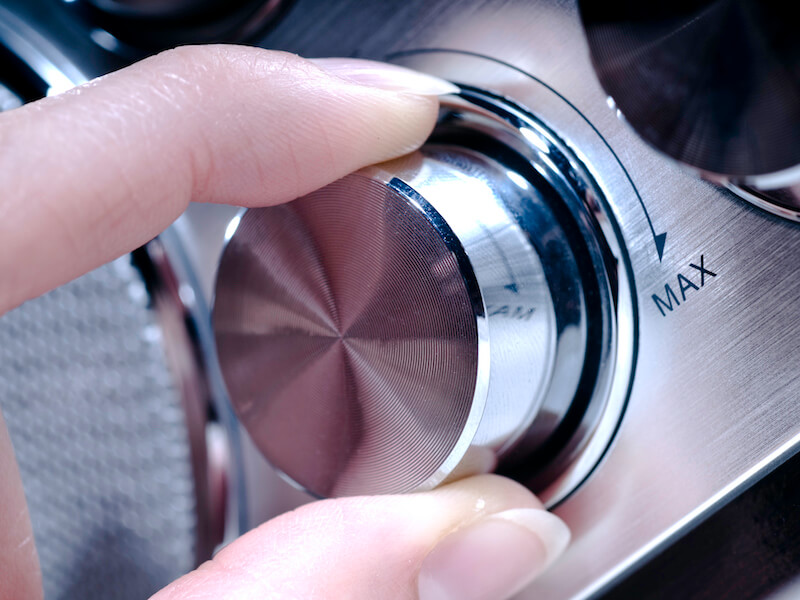
Knowing when you need some medical advice is normally fairly easy. You know you need to go to the doctor immediately if you break a bone, for instance. With situations like this, simply “toughing it out” isn’t an option. At least, not for that long (especially if you want your bones to mend themselves correctly).
It’s not always that clear cut when it comes to hearing aids, however. Hearing loss normally advances really gradually over time. This means it isn’t always easy to know when you might need to begin wearing hearing aids or to delay seeking treatment you know could be beneficial.
That’s why it’s a good plan to keep an eye out for some distinct indicators that you might be losing your ability to communicate. If you detect any, it might be time to talk to us about your first set of hearing aids.
Hearing loss and hearing aids
Hearing loss is primarily treated with hearing aids. But everybody who has some degree of hearing loss won’t necessarily need hearing aids. In cases where patients have very slight hearing loss, hearing aids won’t always be beneficial. Consequently, we may want you to wait before starting to use them. It’s also feasible that we could direct you to only use your hearing aids when you’re in particular situations.
This means that just because you’re diagnosed with hearing loss doesn’t mean you will automatically require hearing aids.
However, hearing aids will be the best solution in many circumstances. Many people won’t get their hearing loss diagnosed until it becomes more severe because hearing loss advances gradually and frequently goes unnoticed for a while. Getting your hearing tested regularly is the key to catching hearing loss early and possibly mitigating the need for hearing aids.
So how will you know if you have hearing loss?
You need hearing aids if you recognize these signs
Instant communication issues can be the result of hearing loss. But lots of times you don’t even realize that hearing loss is the reason for those communication issues. So, when is it time for a hearing aid?
Watch out for these signs:
- You listen to the radio or TV at really loud levels: Hearing loss could be the culprit if you continually need to crank the volume of your devices up. If you find individuals around you complaining about the high volume of your devices, this is especially true.
- Phone conversations sound muffled: Voices typically sound a bit flat on even high-quality phone speakers. If you have hearing loss, this can make it even more challenging to understand conversations. Again, specific frequencies are missing and the result is that it’s very hard to understand those voices.
- When you’re in very loud locations, you have a difficult time following conversations: When people ask, “What are the signs of hearing loss?”, this one is almost always mentioned. One of the surest signs of hearing loss is that you have difficulty following conversations in noisy settings, like bars or restaurants. That’s because your brain has difficulty filling in the missing information that gets lost with hearing impairment. A lot of conversations get muddled because of this.
- You have difficulty understanding what people are saying: Many people don’t think they have hearing loss or need hearing aids because the overall volume they hear seems fine. But the thing about hearing loss is that certain frequencies of sound tend to go before others. Which means that the great majority of sounds may seem normal but things in the high frequencies (like certain vowels) will be distorted. Consequently, you might have a difficult time understanding what people are saying to you.
So how should you deal with it?
Clearly, you know exactly what you need to do when you break a bone! But what do you do when you start to experience the symptoms of hearing loss? What degree of hearing loss calls for hearing aids? That isn’t a very easy answer but you should make an appointment with us for a hearing assessment if you start to experience any hearing loss symptoms. We’ll be able to assess the health of your hearing and find out just how severe your hearing loss may or may not be.
And if you do wind up needing hearing aids, a hearing assessment will help identify the best device for your hearing needs. This means you’ll be able to get back to spending quality time with your friends and loved ones, you’ll hear your grandkids when they call you on the phone, your co-workers at your morning meeting, and your friends at the pub.
Call us for a hearing test so we can help you improve your quality of life.